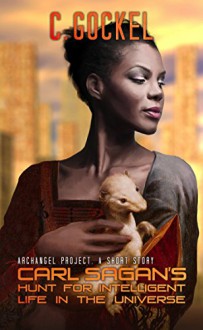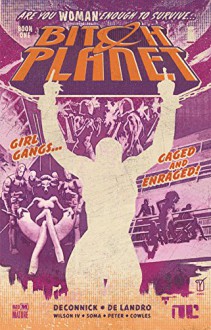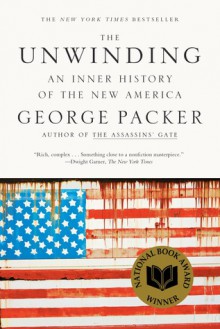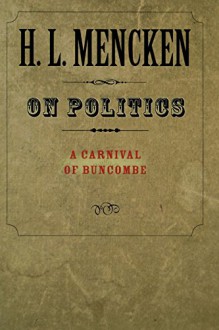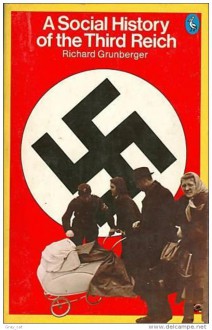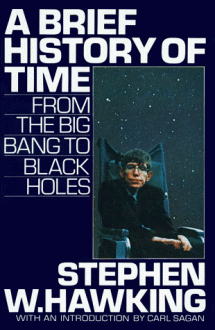I've been gone for a bit.
I’ve decided to go political right out of the gate. I suppose this is an odd note to start on as a “revival” of my blog after months away, and yet it is quite fitting given how I am feeling these days. Books are inherently political, if only because they reflect facets of our culture back to us, so it makes sense that I should find meaning in my blogging by looking in a political direction.
Typically, I would grab my Top Ten Tuesday topic from its originators, The Broke and the Bookish. Considering what is on my mind lately—non-stop—I felt instead like I would share a partial list of what I have read/intend to read as I come to grips with the election and figure out exactly how I want to tackle the aftermath. I, like many people blindsided by this travesty, have resolved to become more politically active and much more aware. This requires not just action, but knowledge and perspective, and I think that is something these books can offer in a time of need. This list could easily be hundreds of titles long but we have to start somewhere and ten is as good a number as any.
The Handmaid’s Tale by Margaret Atwood. This will be a re-read for me and it couldn’t be more appropriate. And before you scoff about exaggeration, just remember the percentage of the evangelical vote that brought us where we are today.
Bitch Planet series by Kelly Sue DeConnick and Valentine De Landro. Needed for much the same reason as Handmaid. Also, because it will make me righteously angry and I need that right now.
The Unwinding: An Inner History of the New America by George Packer. Who hurt you, America??
Hope in the Darkness by Rebecca Solnit. Just about anything by Solnit could fit here, but some readings by people I admire have pushed this one to the top of the list. We could all use a reminder that hope is hard but necessary and despair is not an option.
On Politics: A Carnival of Buncombe by H.L. Mencken. While Mencken had some problematic views on women (he was writing 100 years ago), just about any of his political writings are extremely prescient. He saw this coming and we still didn’t listen.
White Trash: The 400-Year Untold History of Class in America by Nancy Isenberg. What is it about the history of poverty and the wealth gap in the US that prompts people to vote against their own self-interest or scapegoat others? Is it just a lack of education or is it much more? And is class even the motivating factor people are claiming, or is it simply about culture? I’m hoping this book can shed some light on these questions.
Our Revolution by Bernie Sanders. I’m a Bernie Babe, can’t be helped.
A Social History of the Third Reich by Richard Grunberger. While there are any number of books on the Third Reich, I feel it is most important to begin by understanding the everyday people that contributed (purposefully or not) to its rise and normalization. And this is not just alarmism; the parallels are disturbing even from the vaguest distance.
The Demon-Haunted World: Science as a Candle in the Dark by Carl Sagan. Living in a post-truth world is going to do a number on science.
Any and every contemporary sci-fi short story collection I can get my hands on. I have
faith that these stories, told by diverse voices, will give me perspective beyond the headlines and history. In the right hands, speculative fiction gets to the heart of everything that troubles us as a people and gives us alternative visions of the future.



 Log in with Facebook
Log in with Facebook 

